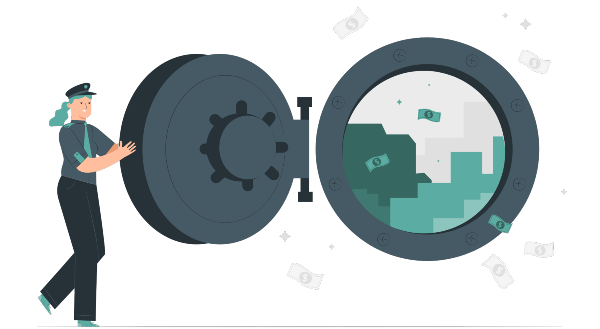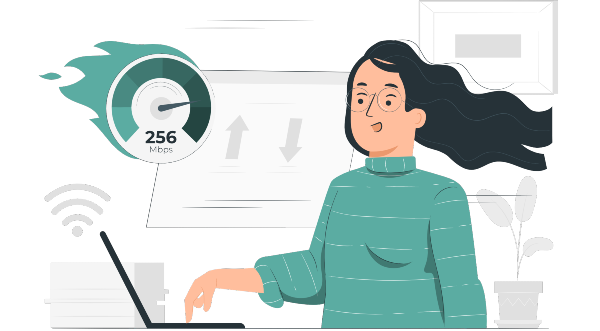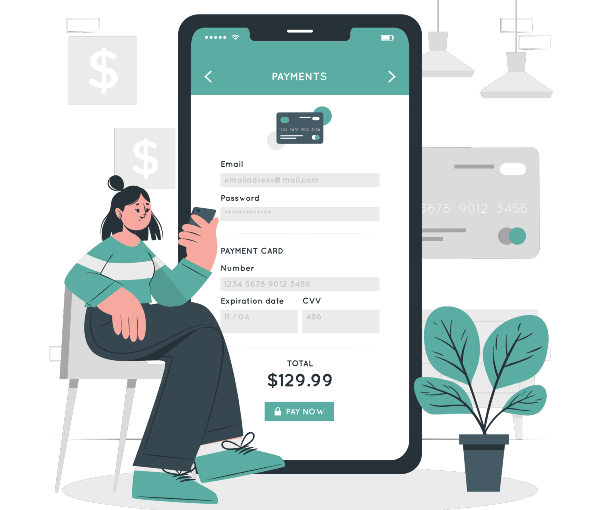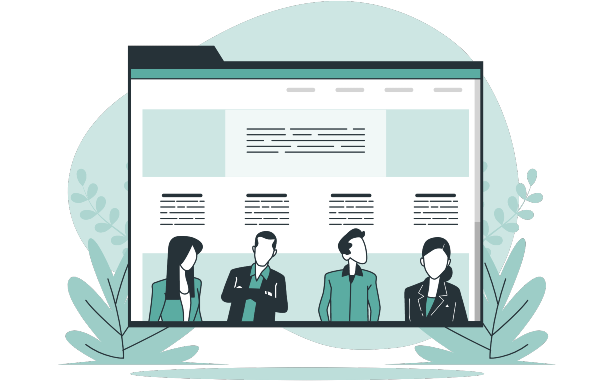There are well-known mistakes in website optimization, mostly, they have already been heavily penalized through Google algorithm changes – link spam, keyword overuse, Black Hat SEO techniques… But you are probably not reading the article for this reason. Want to know the less obvious mistakes you're making when optimizing your website?
You don't use keywords in families and groups.
Keywords don't just exist as separate entities. The evolution of artificial intelligence and the emergence of RankBrain have revolutionized SEO strategies. There are several tools for grouping keywords according to semantic cores - it would be a shame not to use them to your advantage, especially if search engines are already smart enough to determine the connection between words, concepts, and, respectively, related pages as a common denominator. Here are the tools you could use:
- Keyword Grouper PRO
- LSI Keywords Generator
- Google Suggest.

You don't take advantage of all the opportunities to use keywords
It's not enough to have optimized text on your website; any SEO expert with a few years of practice behind them will confirm that. Google has a huge number of factors that count in its algorithms, and a good part of it has to do with the proper use of keywords. So here's where you should use keywords:
- In meta tags (titles and meta descriptions)
- In URLs
- In the menu structure
- In Open Graph
- In the names of the images used on the site
- In image description
- and ALT texts
- In the titles of the texts, in the headings
- In the texts on the site.

You don't create pages and content optimized for user intent
Google offers a series of results of the type "other people have searched before" based on the intentions of the users. Users dissatisfied with the result (which does not coincide with their intention) quickly leave the site and then go to competitors, directly hitting the positions of your site.
By optimizing separate pages on your site for each direction, you'll greatly increase your conversion rate and the likelihood that users will be satisfied with the answers to their questions. Here's what types of searches there are and how to optimize your site for user intent:
- Searches based on informational questions - pages with descriptions of products, materials, and production techniques, service descriptions, guides and instructions for use, etc., are useful. The purpose of such pages is to educate the public. Visitors are in the first phase, when they are just getting to know a domain and learning some new notions. At this stage, detailed and useful information, as well as maximum transparency, to convince users that the site is reliable.
- Searches based on browsing questions – people compare existing options with each other and analyze the pros and cons of a potential deal. Although there may be mentions of some products, users are still looking into the possibilities.
- Searches based on transactional queries – related to price, store contacts, delivery, payment methods, etc. The user is ready to buy a product or certain services, and the pages he will visit must help him to complete the transaction.

You are ignoring the optimization of the mobile version of the site.
Already in 2018, 52.2% of international online traffic was from mobile devices. For this reason, Google has stated that it will prioritize mobile versions of websites. And if until now some still had doubts, the rumors come true – to maintain and improve positions in search engine results, excellent mobile loading speed, and mobile adaptability are basic requirements. Here are the steps you need to take to optimize your site for mobile devices:
- Use the available tools to check how responsive your site is on mobile and find out if you need to optimize your loading speed. You can use the tools provided by Google itself (Pagespeed Insights).
- Prioritize issues and tasks (loading speed is vital, serious User Experience mistakes, and font and design incompatibility with some devices need to be addressed first).
- If you can, use AMP (Accelerated Mobile Pages) - they have a significantly higher loading speed, almost 30 times faster.
- Find an experienced programmer and SEO expert to work together to optimize your site. Or apply the collected information yourself.

You do not create opportunities for interaction with visitors
Sites that have visitor-generated content are extremely popular – a classic example being review sites (such as TripAdvisor or Skytrax).
Some separate elements also work great, allowing users to stay longer on the site - a bank converter, a calendar with events, or a map with various access routes to the physical locations of your business will significantly increase the time spent on the site and even the traffic (if it provides extremely valuable information that competitors do not have). All you have to do is determine what would suit your site and find the right person to implement the changes.

You don't follow the trends of the digital world.
In addition to the technical tasks that go into a basic SEO service package, there are details that only true SEO experts pay attention to. A broad strategy includes technical optimization, SEO copywriting, design consulting, and user experience.
Are your articles not only informative but also from reliable sources? A good SEO expert will make sure to credit the author and practically demonstrate the value of the information presented. Do you have a lot of quality content scattered across your site?
An SEO expert with years of practice, interested in the latest trends, will organize the navigation and build a well-tuned network of internal links. Did you once have good results, but lately, you have a decline in rankings? Most likely, you need a detailed SEO audit, and an expert will guide you back to success. It would be most useful to go directly to an online promotion agency, which could also integrate SMM and paid online promotion services into the overall strategy, so you are sure to get results.
The digital world is constantly changing; make sure your site follows the trends, and you will be at the top, where your visitors expect to find you.
